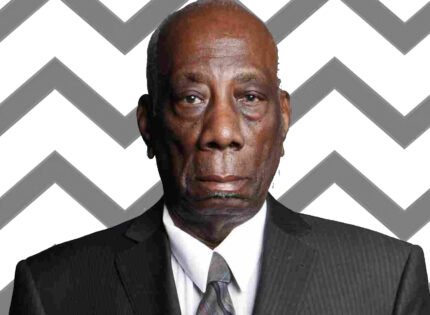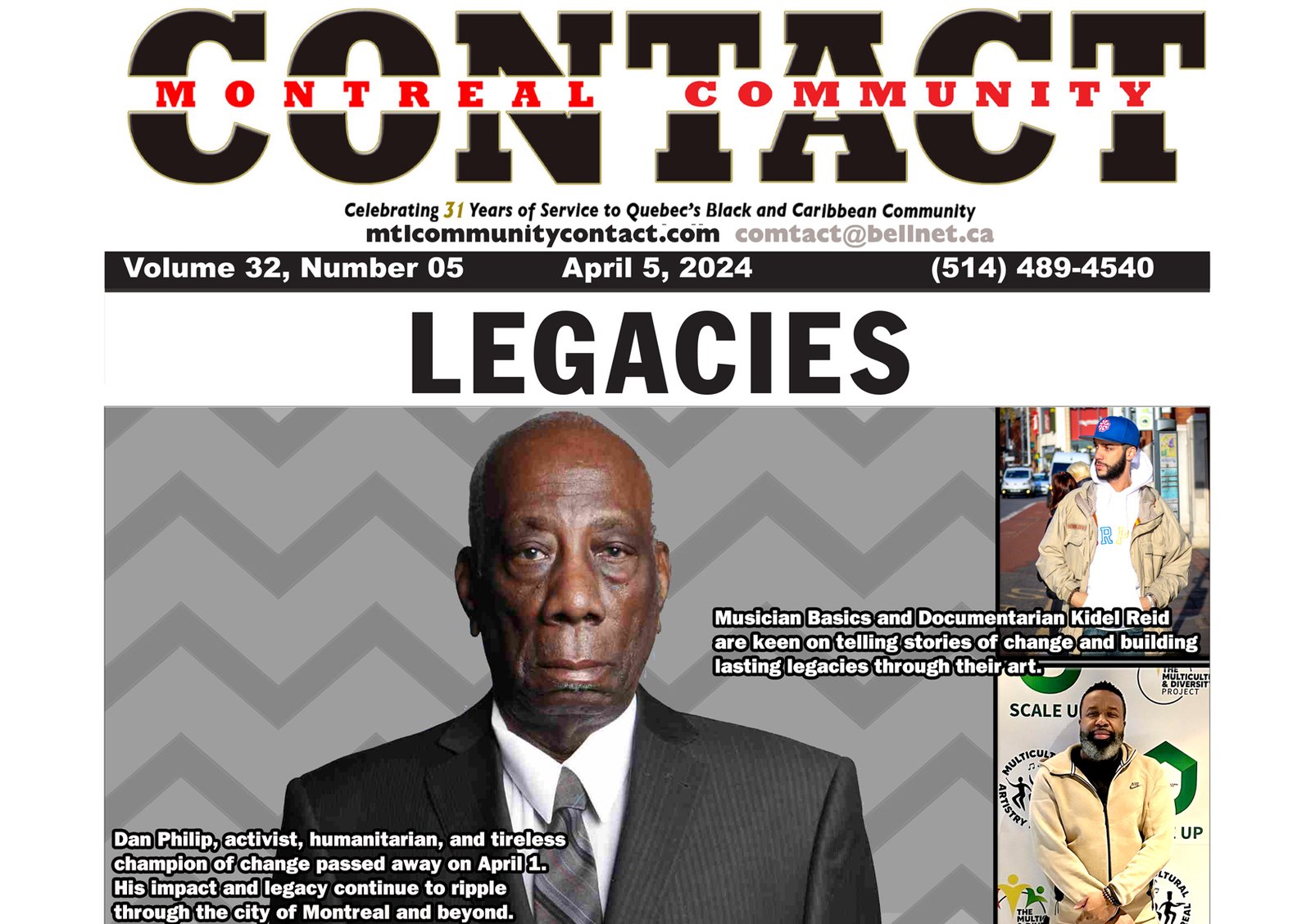 The complex nature of a boy whose life-story begins in immeasurable turmoil only to end as a righteous man who died by the bullet.
The complex nature of a boy whose life-story begins in immeasurable turmoil only to end as a righteous man who died by the bullet.
Revisiting the legacy of Malcolm Little aka el-Hajj Malik el-Shabazz : without his contribution to Black self-actualization, the political discourse of Black people worldwide would be quite different.
This is why it is important to remember not just his career, but his life story.
In 1946, Malcolm Little, a small-time thief, would serve time in Charleston State Prison (later in MCI-Norfolk Prison) for larceny and breaking and entering, facing up to 10 years in the can. In 1952, he would get out of prison, a new man with a new name: The person who was “Detroit Red” would be referred to as Malcolm X.
As a newly minted disciple of Elijah Muhammad and member of the Nation of Islam, Malcolm’s association with Black nationalism would trigger his rise to prominence and inevitably contribute to his violent end.
While many of his detractors critique Malcolm’s consistency for his racial sensitivity or lack thereof, the fact of the matter remains, for much of Malcolm’s life, especially while involved with the Nation of Islam (1952-1964), he was a strong advocate for the separation of the races, whites and Blacks.
When compared to today’s standards of course this looks bad, however, Malcolm never advocated for violence unless it was for self defense.
Malcolm’s dislike of White America may not be a good look today but much of it stemmed from a childhood that was rife with racism.
Growing up in Omaha, Nebraska, during the Great Depression, the Ku Klux Klan murder his father and burn his family home. Child services took Malcolm and his siblings away from their mother, in what was a painful separation.
Still he excelled in his early education. A standout student on paper, but his ambitions and aspirations mocked as he was looked at as “the talented ni**er boy” who, if he worked hard could peak as a carpenter.
Daily racism and being born two generations removed from slavery was bound to affect his outcome and his perception, surrounded by those who despised Blacks out of pure ignorance and fear.
Malcolm’s impact can simply not be contained when talking about his legacy.
Unlike Martin Luther King Jr, Malcolm never had his rhetoric being watered down by those who never supported his cause but wanted to make them seem more moral by today’s standards.
King’s teachings while radical in the 1950s and 60s are now nearly universally accepted, or so it seems. And the fact remains that since his death, people remain ignorant of the details of his philosophy.
Nowadays, MLK is mentioned far too often. Even the political right brings up MLK to entice the masses.
If Martin Luther King Jr would’ve been alive today, he would loath the narrative of his teachings and the depiction of his character as a martyr who only stood for peace rather than the much more complex leader he was in his prime.
Malcolm has dodged this bullet.
In 1964, Malcolm would leave the United States for Saudi Arabia for Hajj in Mecca, where he experienced unity with mutual bound and spirituality that was an awakening to him.
He experienced respect that was unconditional, and ethnicity didn’t matter, leading Malcolm to embrace the possibility of integration in America.
Consequently, Malcolm X would leave the Nation of Islam, beginning on a path he never had the chance to see paved because he was assassinated
Much like Miles Davis who went to France in 1949 and experienced something other than disenfranchisement and an accompanied moment of clarity.
Unfortunately, this momentary bliss was quickly clouded in both cases as the cold attitude of their home country came crashing down.
It is said that Malcolm’s newfound faith in integration inevitably began to fade much like MLK’s a few years later. Both were eventually murdered.
Malcolm X has never been fully embraced, even by those who consider themselves liberal. His words are either misconstrued due to ignorance, or an unwillingness to delve deeper into his mindset. He is arguably the most polarizing figure of the 1960s and is still controversial to this day.
This is not to say that everything he did as an activist and leader was right or appeasing to all. But Malcolm continues to be brushed aside in comparison to the “tamer Negroes” of his day.
Look no further than today’s celebration of Black History Month when students still learn about the same half dozen Black personalities, such as MLK, Rosa Parks, Nelson Mandela, George Washington Carver, Harriet Tubman and maybe Barack Obama.
A situation that does not paint the full picture of Black leadership in the struggle. A false promise of recognition.
Seventy years later, we still live in a tumultuous time. Malcolm may have been deeply flawed, but that’s exactly what made him so authentic.
He was baby born into a country his ancestors did not choose to immigrate to, a young man turned criminal due to his environment, an inmate in a nation he looks as a prison, and an icon killed by his comrades.
Ironic how Malcolm went from using the term “nigga”, later teaching to Black masses to despise the word, and yet, the last words he ever heard spoken were: “Nigga get your hands out my pocket,” spoken by men belonging to the Nation of Islam, the same organization that taught him to banish the word from his vernacular.
It’s poetic, no matter how hard Malcolm fought, the old saying of “crabs in a bucket” is still very much a negative aspect of Black America.
The so-called “Willie Lynch Theory” remains true : to keep a collective tame, infiltrate them, learn what makes them different, and exploit it till hatred is formed, thus keeping otherwise good people at each other’s throats.
The emergence of Malcolm X 70 Years Ago











